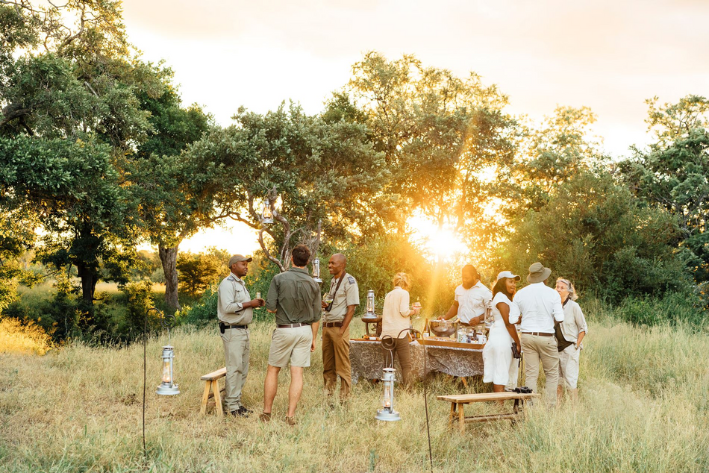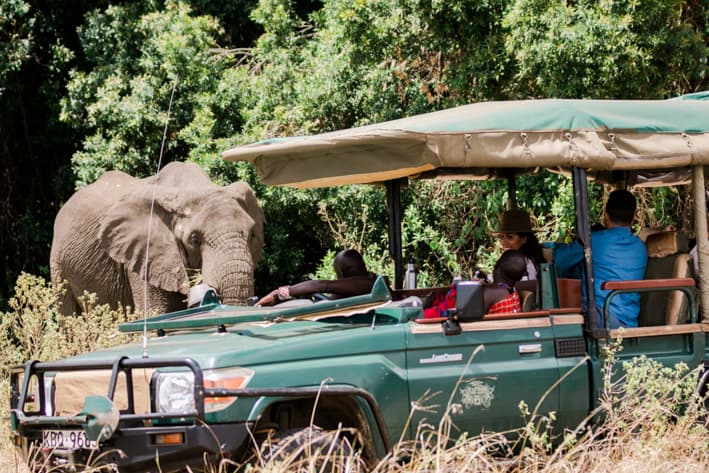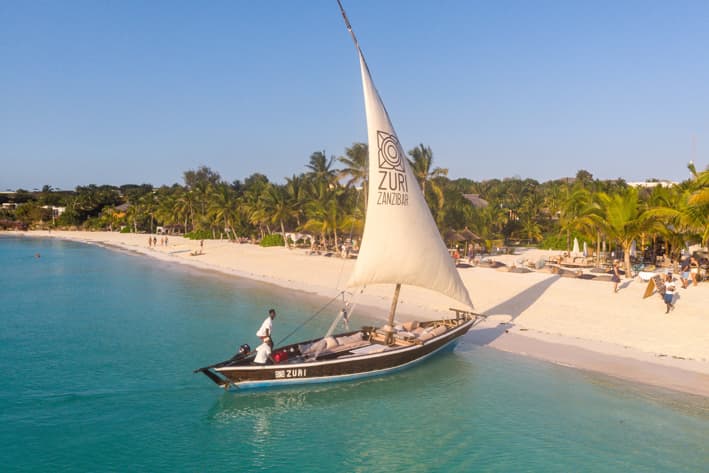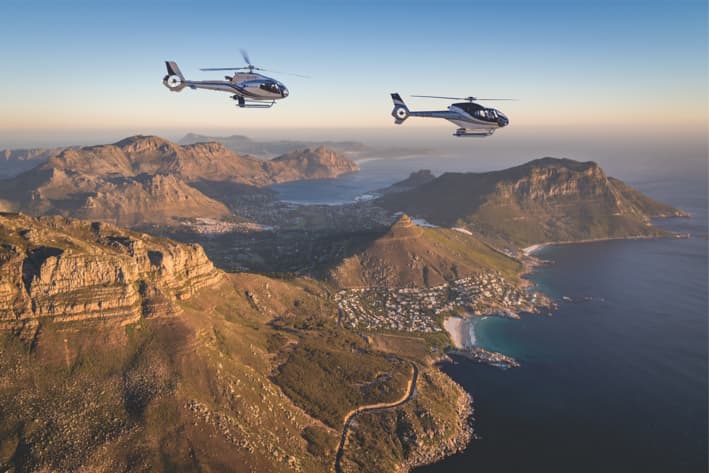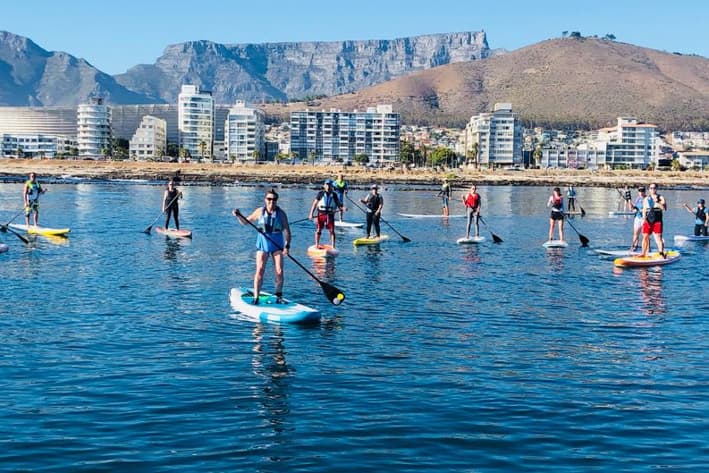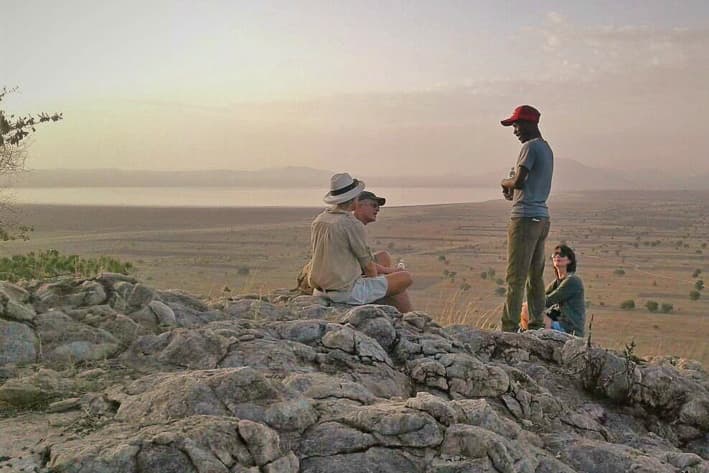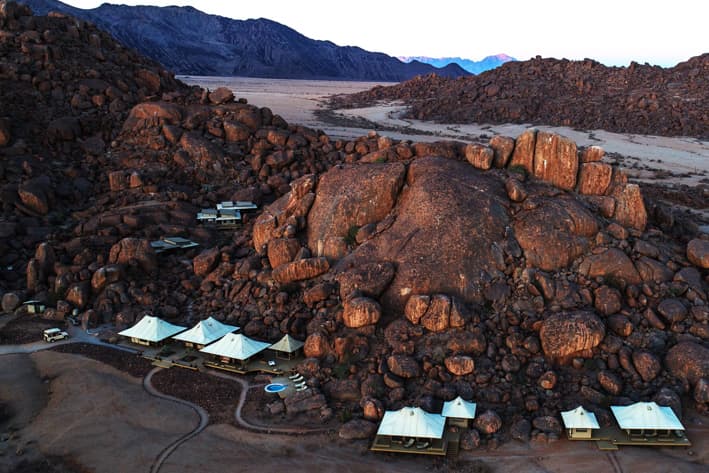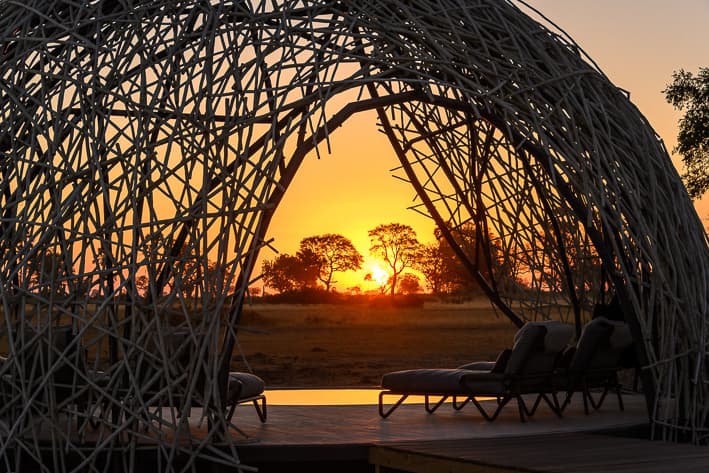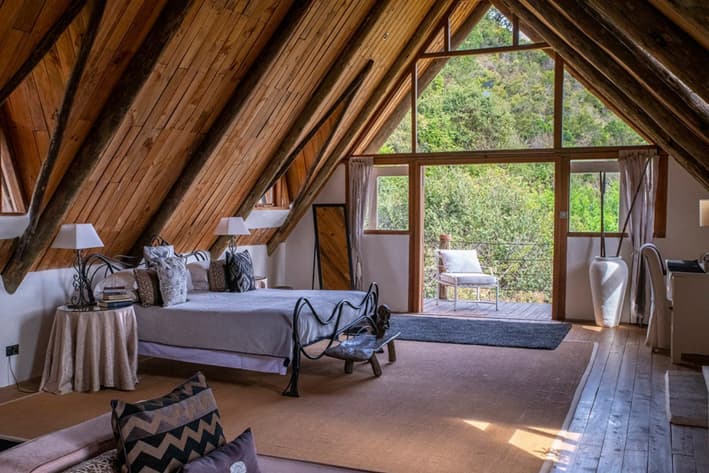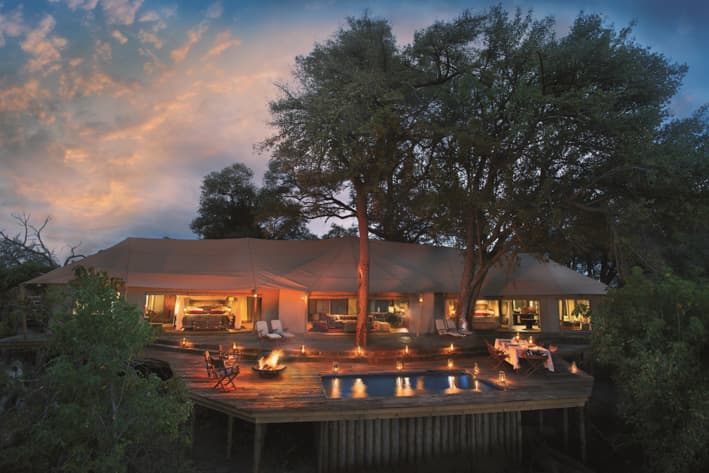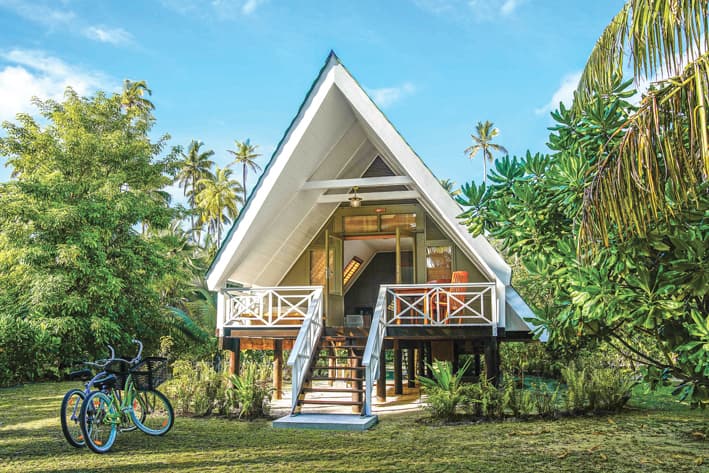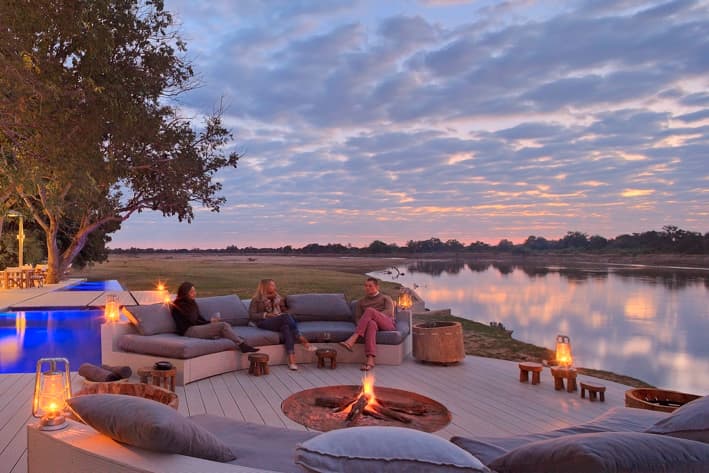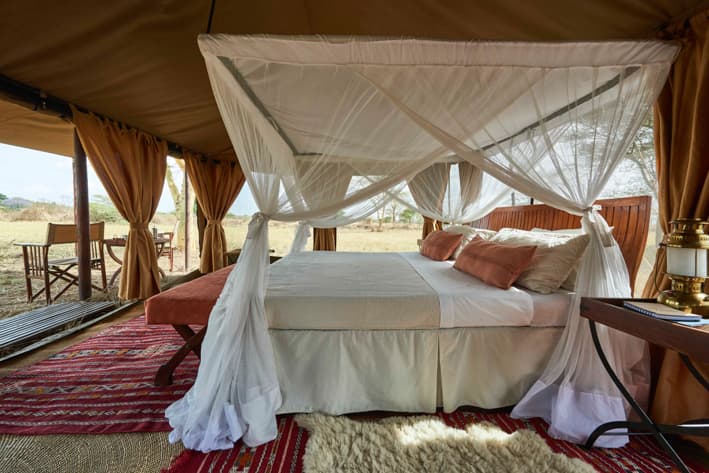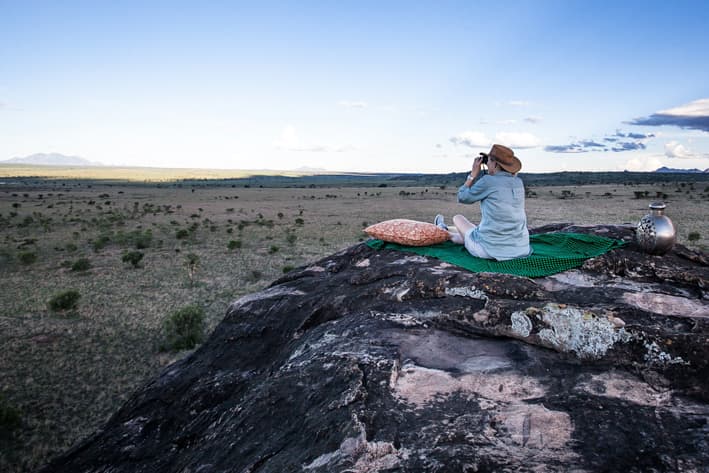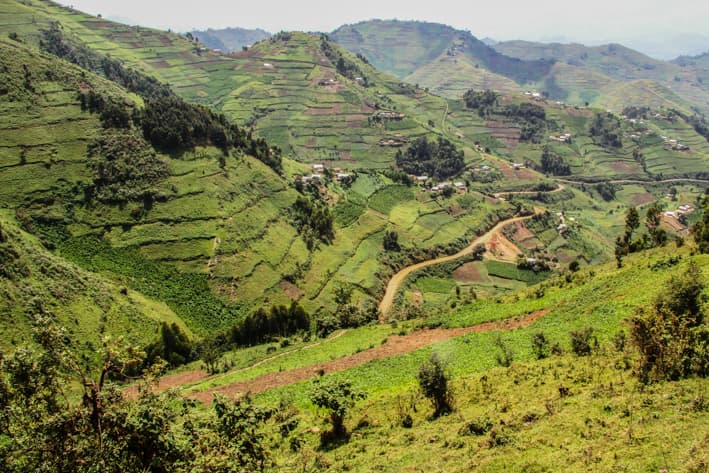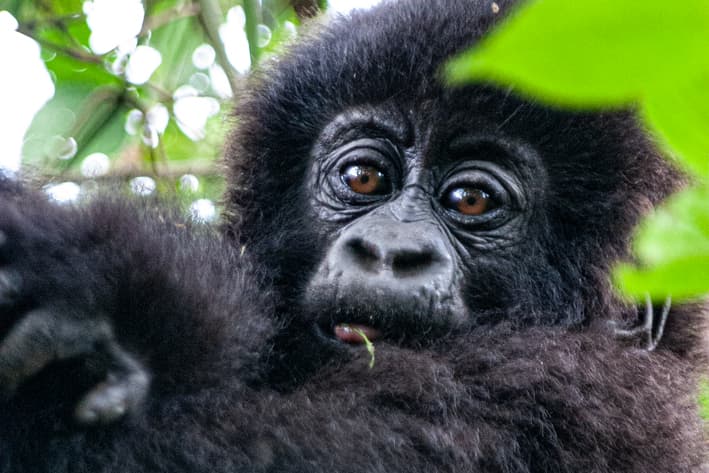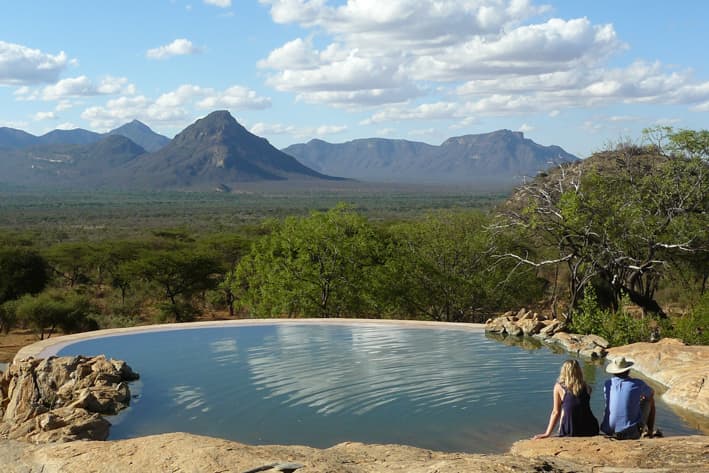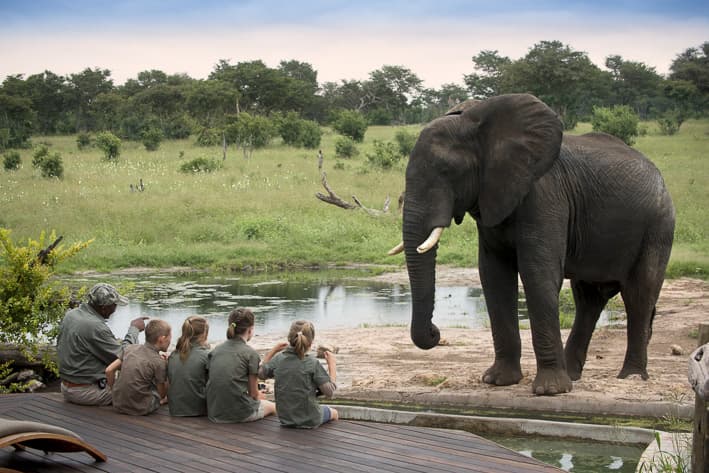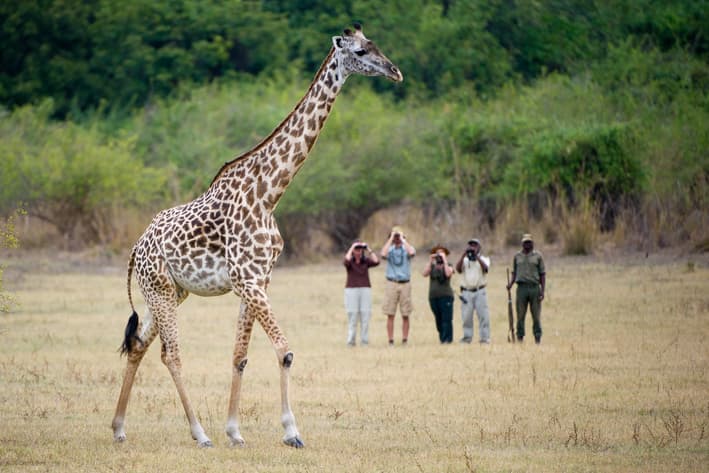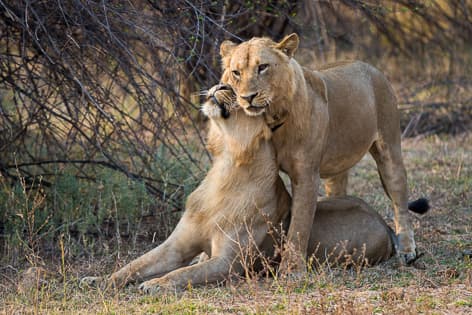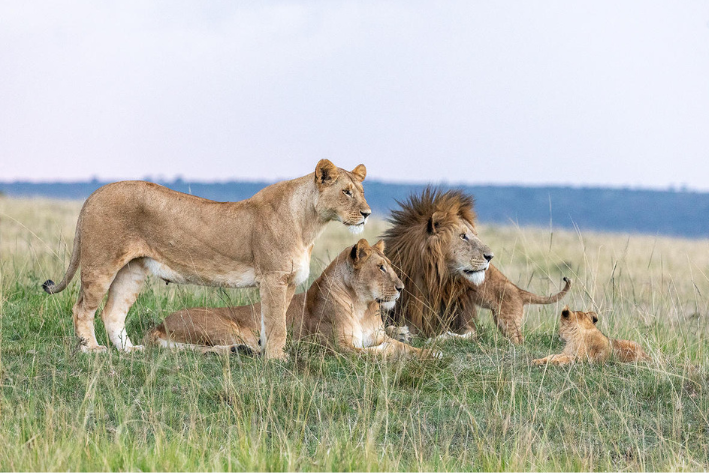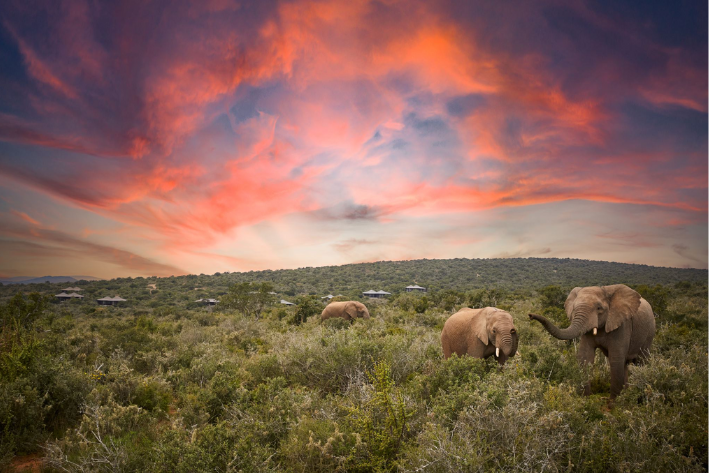How much do safaris cost?
We answer the all important question.
You’re dreaming about days spent on the African plains, drink in hand, while some of the world’s most iconic wildlife strolls past you. It’s the safari trip of a lifetime, but the all-important question looms – how much is it going to cost?
Finding an answer to this question in challenging, but in this blog, we will do our best to shed some light on how much a luxury safari costs, why it costs what it does, and where your money goes when you book an African safari with us.
How much do safaris cost?
We tell our guests to start budgeting from around USD 1,000 per person per night (pppn) for a luxury safari to Africa. At Stanley Safaris, all our safari itineraries are custom-made and created specifically for our client, which means it’s impossible to give you a set number without first discussing your holiday needs and what you want to get out of your safari experience. Of course, this number will fluctuate depending on which country you are visiting and when you are planning to travel. But we’ll discuss this in more detail later.
Are there any extra costs involved in a safari?
As with any other vacation trip, when booking a luxury safari, you will need to worry about plane tickets and accommodation. At the game lodges, your accommodation is almost always all inclusive. This means that park fees, meals, most drinks, and most of the usual activities like game drives and walking safaris are all included in the price. Depending on where you are, there may be certain activities that will incur additional costs. For example, spa treatments are usually extra, or if you wish to do some added activities like a hot air balloon safari, additional charges will apply.
We usually encourage our guests to carry some cash as well during their trip in case they see something of interest in a gift shop or would like to tip the camp staff and their guides.
Why safaris cost what they cost:
For starters, the reason we suggest that guests budget an average of USD 1,000 pppn is because at Stanley Safaris, we only work with the best 4*, 5* and 5*+ safari camps and lodges in any given area. We choose our safari partners based on the type of experience they offer to our guests. Smaller camps with a focus on authentic activities are a must for us because they allow for a far more personalized safari experience.
Most of our preferred camps and lodges are operated in remote wilderness areas. To get to these locations, you often need to travel in very small airplanes, which costs between USD350 and USD750 per person per flight. And of course, this is true for guests and for supplies. Bringing food, drinks and other supplies into camp must be done either by plane or by truck, which can take as long as 2 days! Logistically this is a massive job and an expensive undertaking.
The remote location of the camps also means that the staff are required to stay on site. Providing housing and meals for the whole team is also an expensive undertaking, that adds to the camps running costs.
Lastly, the area that a camp occupies is far larger than any 5-star city hotel. Where a large hotel may fill about a hectare in a city and have hundreds of rooms all making a profit, safari camps fill thousands of hectares and only offer perhaps 30 rooms. A good example of this is the Selinda Camp in Botswana. This 130 000-hectare reserve is at the disposal of a maximum of just 32 guests – working out to 4064 hectares per guest! This is the equivalent of only allowing 20 tourists to visit New York at a time. Understandably then, a safari may be more expensive than a 5-star holiday anywhere else, but the experience is incomparable.
Safari prices based on country
Obviously, safari prices differ depending on which country you are visiting and the season in which you choose to go. Below is a rough estimate of the accommodation costs of a safari based on the country you are visiting. These prices are based on the luxury camps and lodges we make use of at Stanley Safaris. These costs exclude the flights and transfers to get between camps.
The safari section of a visit to South Africa usually costs between USD 500 pppn to over USD 2,700 pppn.
Cape Town and the Winelands vary between USD 150 pppn to over USD 1,200 pppn.
With such large areas for so few people, Botswana is known for its ultimate exclusive safaris and the price tag that usually comes with that. In Botswana you can expect to pay from USD 840 pppn to over USD 4,300 pppn.
Safaris to Zimbabwe cost from USD 640 pppn to over USD 1,250 pppn
Zambian safaris cost between USD 650 pppn to over USD 1,945 pppn
There is a large variety in Tanzania, with safaris costing from USD 470 pppn to over USD 4,000 pppn.
A luxury Kenyan safari costs from USD 770 pppn to over USD 1,995 pppn.
Safaris to Rwanda usually cost between USD 965 pppn to over USD 2,800 pppn (excluding gorilla permits which are currently USD1,500 per permit).
Ugandan safaris cost from USD 500 pppn to over USD 1,620 pppn (excluding gorilla permits which are currently USD700 per permit).
How much of your safari price tag goes to conservation?
All decent safari camps and lodges use a portion of their profits in community projects and conservation work. At the camps we partner with, about 30% of the money you spend on your safari will go towards this all-important work. This is done through park fees, local employment, conservation and community fees and more.
Many camps employ a majority local workforce, meaning that the salaries of the camp’s staff go back into the surrounding communities. In Africa, where so many struggle with unemployment, this goes a long way in supporting the local people.
By booking a luxury safari, not only are you enjoying the beauty of the African wilderness, but you are also investing in conserving the area so that future generations can have the same incredible experiences. Some examples of conservation efforts include antipoaching initiatives, the reintroduction of some animal species and various research programs.
Choosing to do a safari will most likely be more expensive than a different type of holiday, but the experience is well worth every cent you spend! If you’d like more information or would like us to plan your African safari experience, get in touch – we’d love to hear from you!

